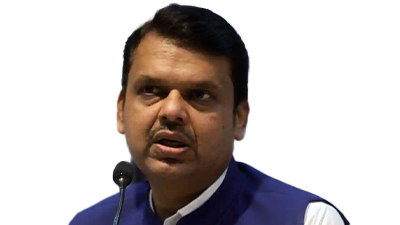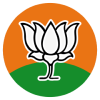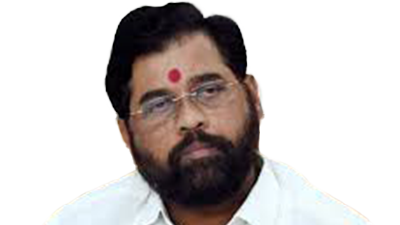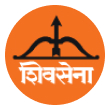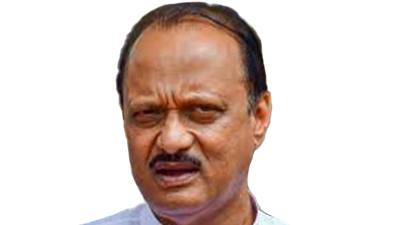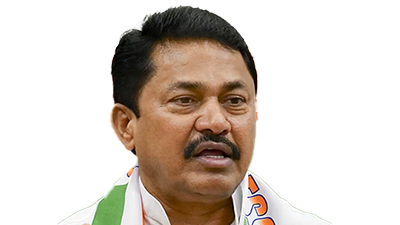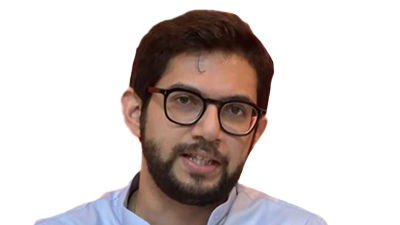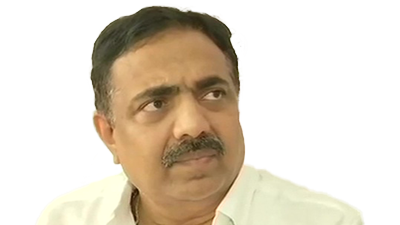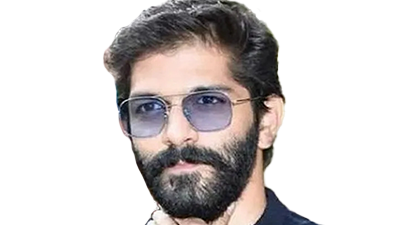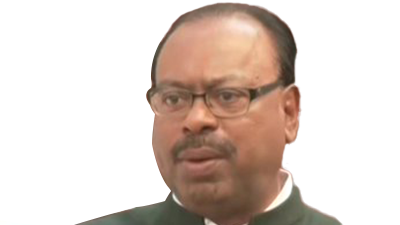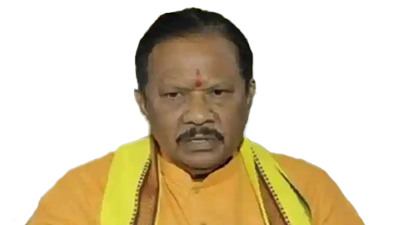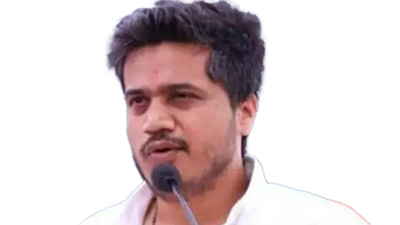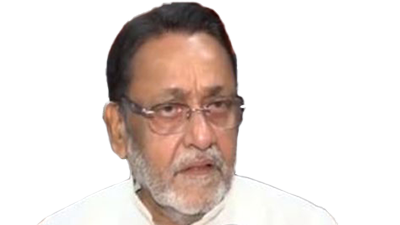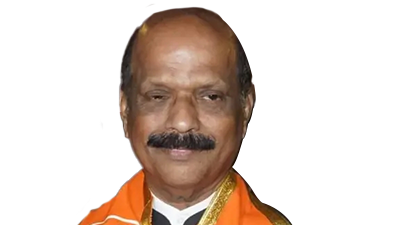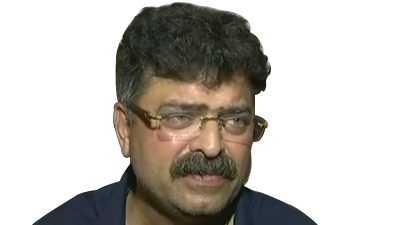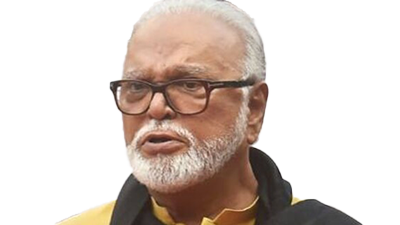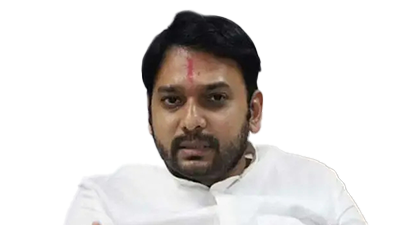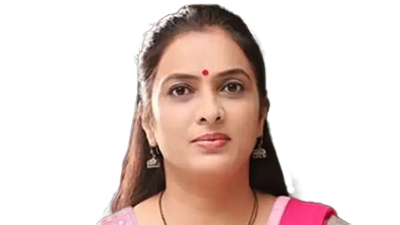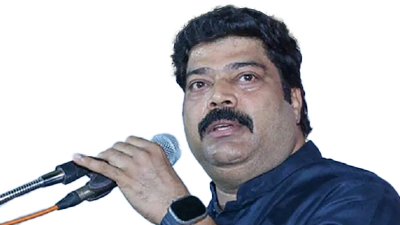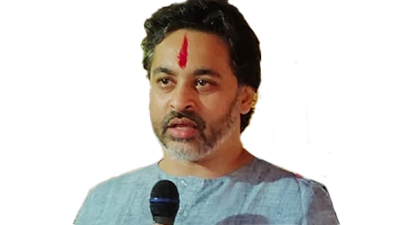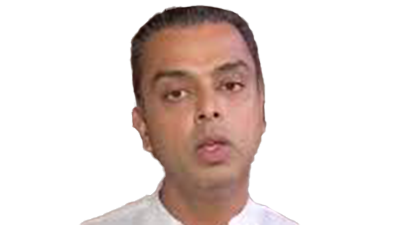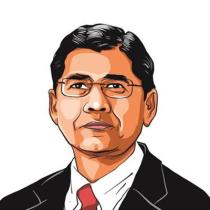Maharashtra Elections 2024
Maharashtra State Map
Maharashtra constituency list 2024
Key candidates
Maharashtra news
-
When was the first assembly election held in Maharashtra?
The first assembly election in Maharashtra was held in 1960, shortly after the state was formed on May 1, 1960, through the bifurcation of the Bombay State. The formation of Maharashtra was based on linguistic lines, with Marathi-speaking regions separating from the rest of the Bombay State. The first Maharashtra Legislative Assembly election took place that same year, marking the beginning of the state's democratic governance. The Indian National Congress (INC) emerged as the dominant political force in this election, securing a strong majority in the newly created 264-member assembly. Yashwantrao Chavan became the first Chief Minister of Maharashtra.
-
When are the Maharashtra assembly elections scheduled for this year?
Elections in Maharashtra to be held on November 20, results on November 23. Maharashtra will have single-phase voting on 288 seats.
-
When were the Maharashtra Assembly Elections last held?
The last Assembly elections in Maharashtra were held in 2019 which saw the ruling National Democratic Alliance (NDA) win a majority, but due to disagreements over government formation, the alliance was dissolved, leading to a political crisis.
As no party was able to form the government and council of ministers, the President’s rule had to be imposed in the state. On November 23, 2019, Devendra Fadnavis was sworn in as the Chief Minister and Ajit Pawar as the Deputy Chief Minister.
However, both resigned on November 26, 2019, before the floor test on November 28, 2019, which led Congress to form a new alliance, Maha Vikas Aghadi (MVA), with Uddhav Thackeray as Chief Minister.
On June 29, 2022, Uddhav Thackeray also resigned as Chief Minister after a faction of MLAs, led by Eknath Shinde, split from Shiv Sena and allied with the BJP.
This led to Eknath Shinde being sworn in as Chief Minister, and Fadnavis was appointed as Deputy Chief Minister.
-
How many seats did each party win in the 2019 Maharashtra assembly elections?
BJP won 105 seats, Shiv Sena won 56, NCP managed to get 54 and Congress won 44 seats. Whereas independents won 13 and others got 16 seats in Maharashtra's 288-seat assembly.
-
What are the major issues influencing voters in Maharashtra for the upcoming elections?
Economic Growth and Employment: Maharashtra, being an economic powerhouse, faces challenges related to job creation, industrial growth, and balancing urban and rural development. Economic recovery post-pandemic and inflation control are critical concerns.
Agriculture and Farmer Welfare: Agrarian distress, farm loan waivers, irrigation projects, and minimum support prices (MSP) for crops will be vital issues in rural areas. Farmer protests have heightened these concerns.
Political Realignment and Stability: The split in the Shiv Sena, the NCP’s internal divide, and alliances involving BJP, Congress, and regional parties will affect voter sentiment, with stability being a central issue.
Social Welfare: Issues like healthcare, education, and welfare schemes for marginalized communities will influence the election narrative.
-
What are the key promises of the major political parties in Maharashtra for the upcoming elections?
BJP: The BJP is likely to emphasize economic development, infrastructure projects like expressways and metro expansions, and urban modernization, particularly in cities like Mumbai and Pune. They will also focus on attracting investment, job creation, and promoting industries. Farmers' welfare and schemes for rural upliftment are expected to be prominent, alongside promises of stable governance.
Shiv Sena (Eknath Shinde faction): Shinde’s faction, aligned with BJP, will promote a narrative of efficient governance post the 2022 split, with a focus on Hindutva, local Marathi identity, and continuing development projects initiated during their tenure.
Shiv Sena (Uddhav Thackeray faction): This faction is likely to focus on preserving Marathi identity, criticizing political instability, and emphasizing social welfare programs. They will appeal to voters with promises of balanced governance and economic justice.
Nationalist Congress Party (NCP): Following internal divides, both Sharad Pawar’s and Ajit Pawar’s factions are expected to focus on rural issues, agricultural reforms, loan waivers, and farmer welfare. Each will also emphasize their regional strength and past governance experience.
Congress: Congress is expected to highlight economic inequality, job creation, affordable healthcare, education, and pro-poor welfare programs. They will target inflation, unemployment, and social justice issues, framing themselves as a secular alternative.





